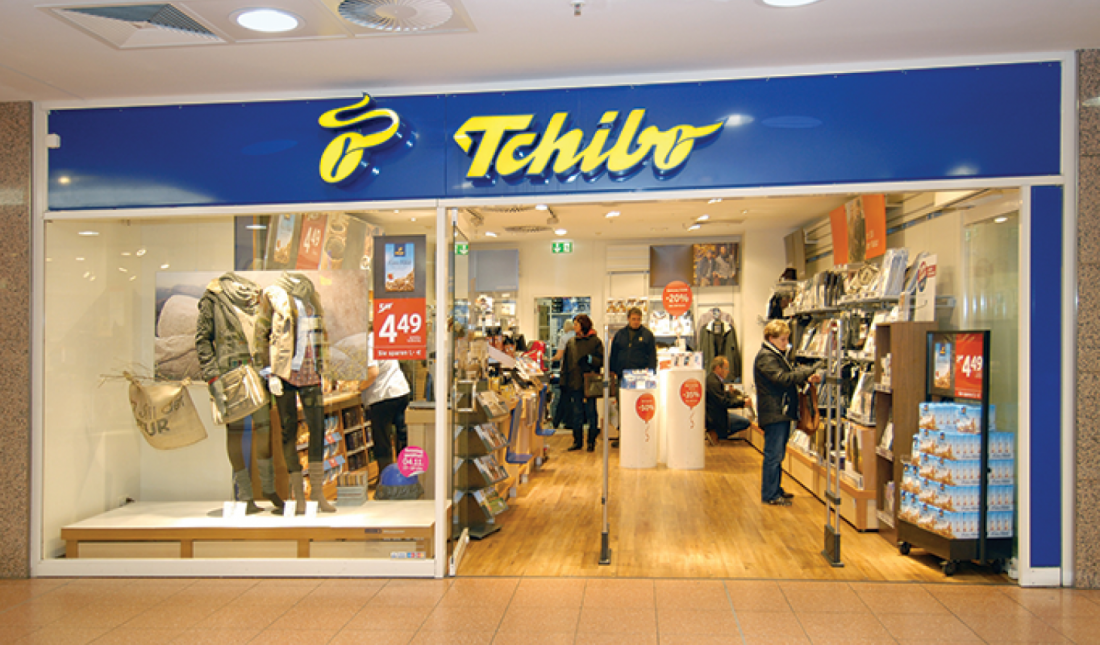Tchibo: Brewing Success in the World of Coffee and Beyond

In the vast and constantly evolving world of coffee, few names have achieved the recognition and success of Tchibo. With a rich history spanning over seven decades, this German company has become synonymous with quality coffee and a wide range of consumer goods. Founded in 1949 by Max Herz and Carl Tchilinghiryan, Tchibo has grown from a small mail-order business to a global brand with a presence in over 60 countries. This article explores the remarkable journey of Tchibo, its innovative approach, and its expansion into various product categories beyond coffee.
The Beginnings
The story of Tchibo begins in Hamburg, Germany, where the founders initially focused on selling coffee through mail-order catalogs. The company quickly gained popularity through its exceptional coffee beans sourced from renowned coffee-growing regions around the world. Tchibo’s commitment to quality and its ability to offer a diverse range of coffee blends attracted a loyal customer base.
Expansion and Retail Success
With Tchibo’s growing reputation, the company expanded into retail and opened its first store in 1955. This step marked a significant turning point, allowing customers to experience Tchibo’s coffee firsthand and enjoy a unique shopping experience. The stores offered more than just coffee; they also provided a platform for customers to explore a variety of lifestyle products, from household items to clothing, thus creating a distinctive brand identity for Tchibo.
Innovation and Sustainability
One of the key factors behind Tchibo’s success was its innovative approach to coffee and retail. Tchibo was one of the first companies to introduce vacuum-sealed packaging for coffee, ensuring freshness and preserving flavors and aromas. The company also embraced sustainable practices long before the general trend. Tchibo established direct relationships with coffee farmers, promoted fair trade and sustainable cultivation methods. Through its “Tchibo Certified Sustainable” program, the company ensures that its coffee is sourced from farms that meet strict social, economic, and environmental standards.
Beyond Coffee: Diversification and Product Range
While coffee continues to be at the core of Tchibo’s business, the company recognized the importance of diversification to adapt to changing consumer needs. Over the years, Tchibo expanded its product range and ventured into various categories such as clothing, household goods, electronics, and travel accessories. Each week, Tchibo stores and online platforms offer new “theme worlds” where customers can discover a carefully curated selection of products centered around a specific lifestyle or seasonal trend. With this approach, Tchibo remains relevant and can appeal to a wider customer base.
Collaborations and Partnerships
To enhance its product offering further, Tchibo entered successful collaborations with renowned brands and designers. By partnering with industry leaders, Tchibo was able to incorporate high-quality craftsmanship and design into its products. This collaboration has enabled the company to create exclusive collections that stand out in the market and appeal to customers seeking unique and stylish options.
International Expansion
Tchibo’s success in Germany paved the way for international expansion. The company strategically entered new markets and tailored its offerings to local tastes and preferences. Today, Tchibo has a strong presence in Europe, Asia, and the Middle East, with flagship stores in major cities such as Berlin, Istanbul, and Shanghai. This global reach has helped Tchibo appeal to diverse customer groups and establish itself as a trusted brand worldwide.
Digital Transformation and E-Commerce
Recognizing the importance of digital channels, Tchibo invested heavily in its online presence and e-commerce capabilities. The company’s website and mobile applications offer a seamless shopping experience that allows customers to explore and purchase products from the comfort of their homes. Tchibo’s digital transformation has not only expanded customer reach but also gathered valuable insights and personalized the shopping experience based on individual preferences.
Corporate Social Responsibility
Beyond its business operations, Tchibo takes its corporate social responsibility seriously. The company is committed to minimizing its environmental impact and has implemented various initiatives to achieve sustainability goals. Tchibo invests in renewable energy, reduces packaging waste, and promotes recycling programs. Additionally, the Tchibo Foundation supports educational and social projects globally, empowering communities and driving positive change.
Tchibo’s journey from a coffee mail-order business to a global brand is a testament to its unwavering commitment to quality, innovation, and customer satisfaction. Through its diverse product range, sustainable practices, and strategic expansion, Tchibo has captured the hearts and taste buds of coffee lovers worldwide. By embracing digital transformation and adapting to changing consumer preferences, Tchibo continues to succeed in the competitive world of coffee and beyond. For the future, the company will undoubtedly remain a pioneer in delivering exceptional products, memorable shopping experiences, and a dedication to sustainability.











